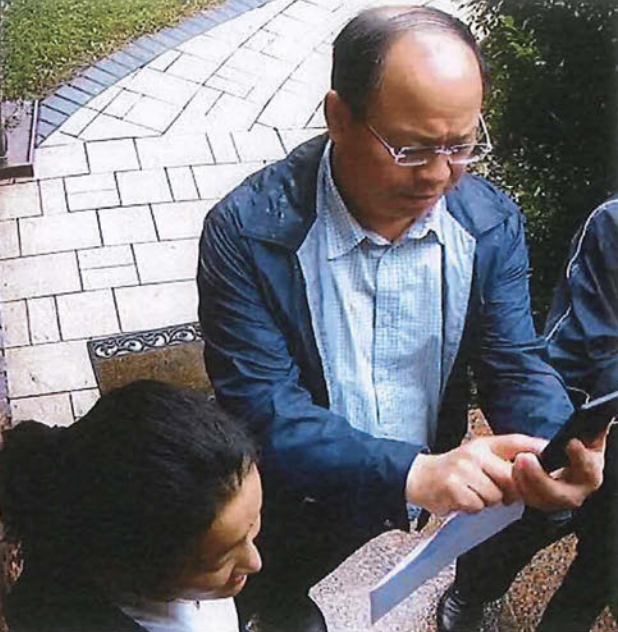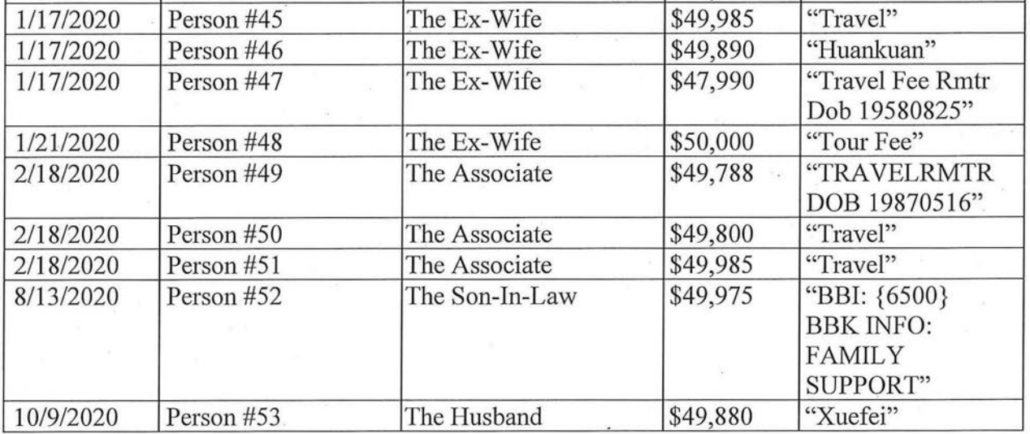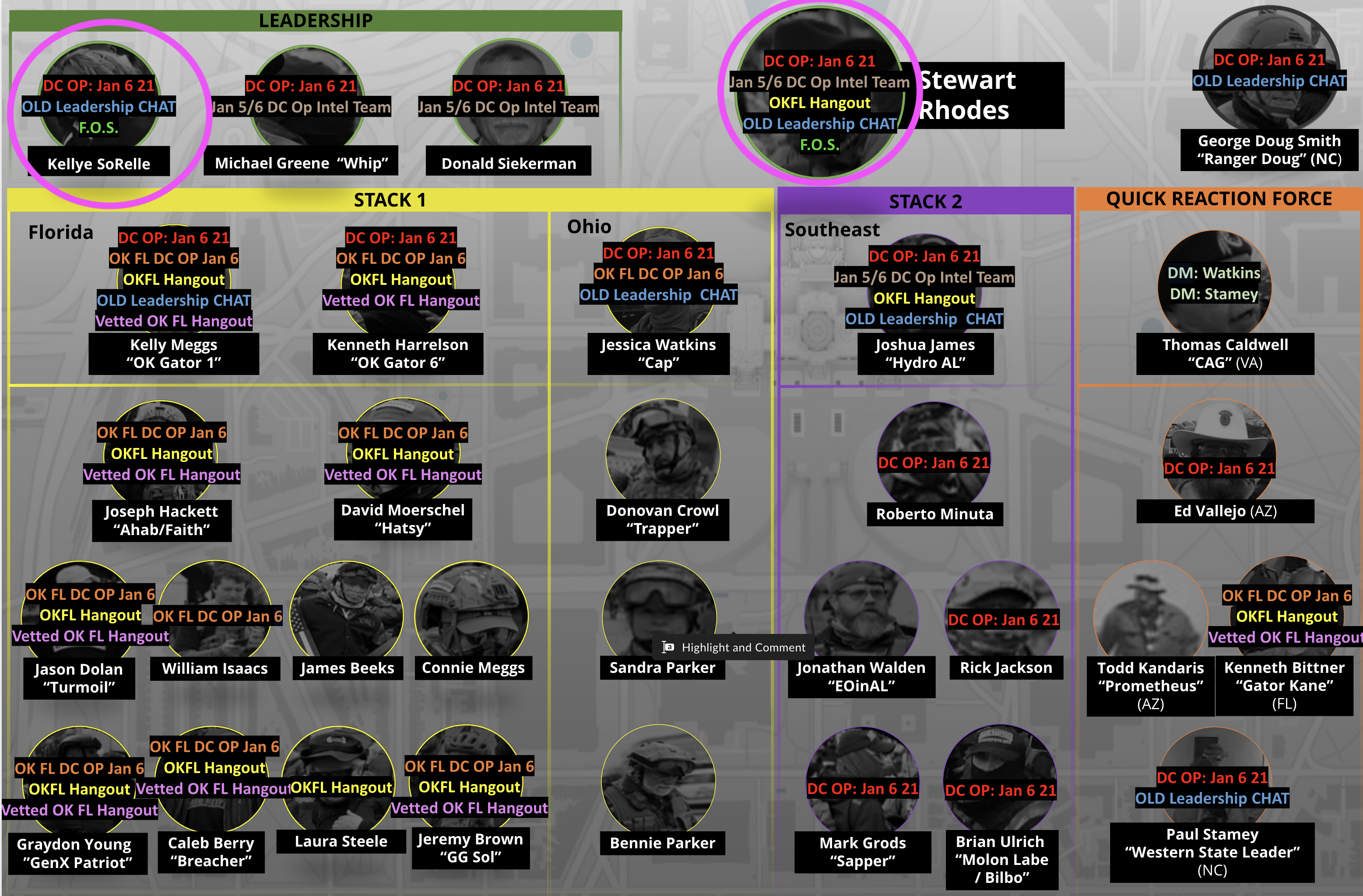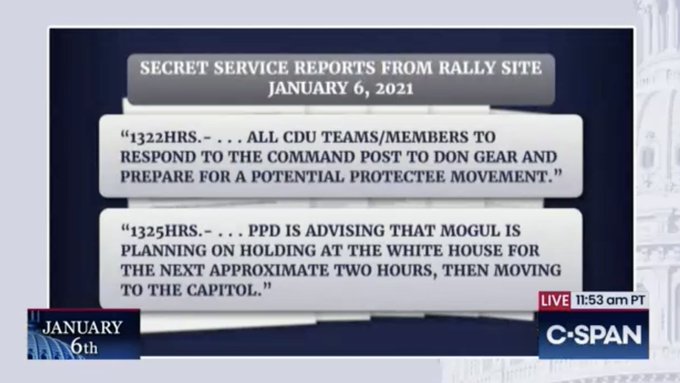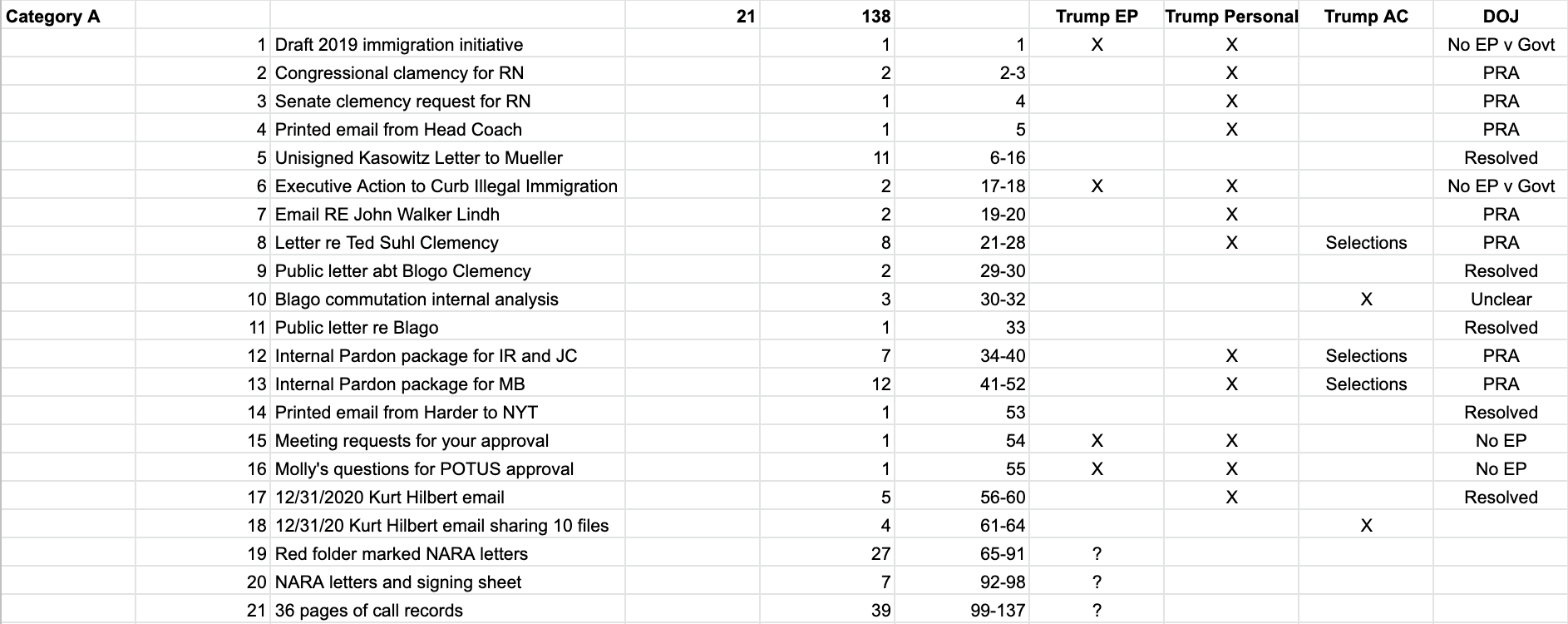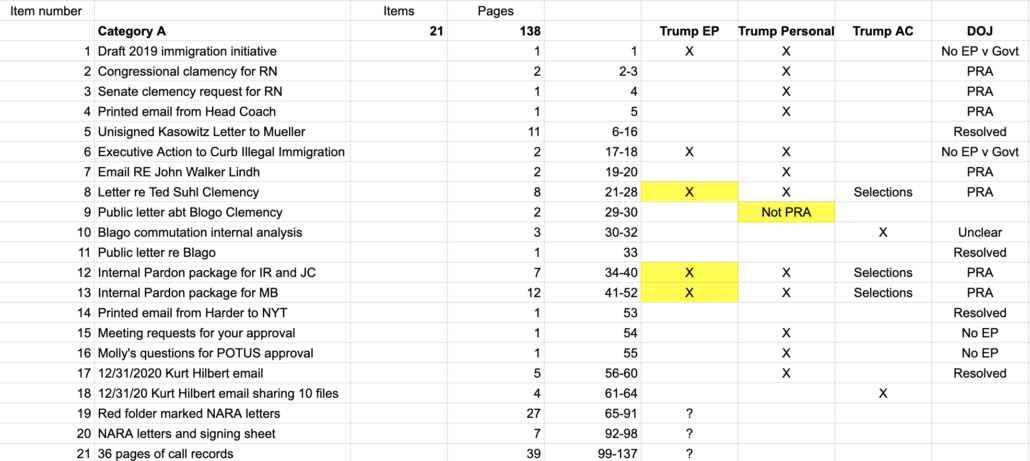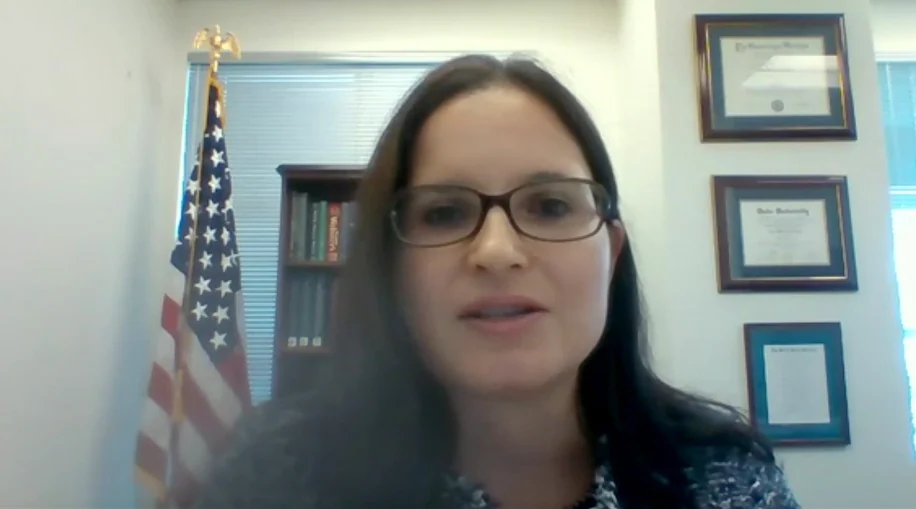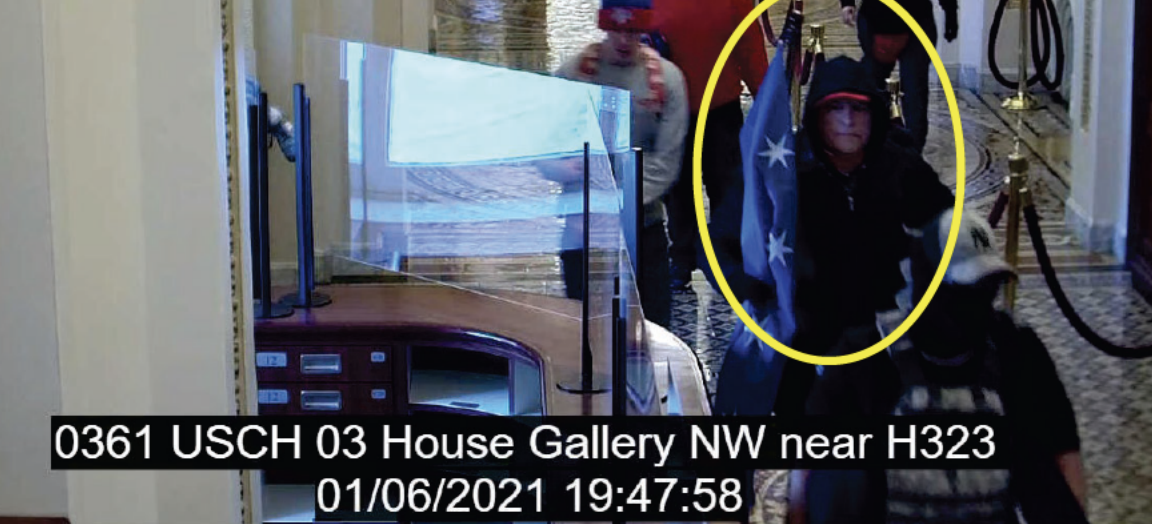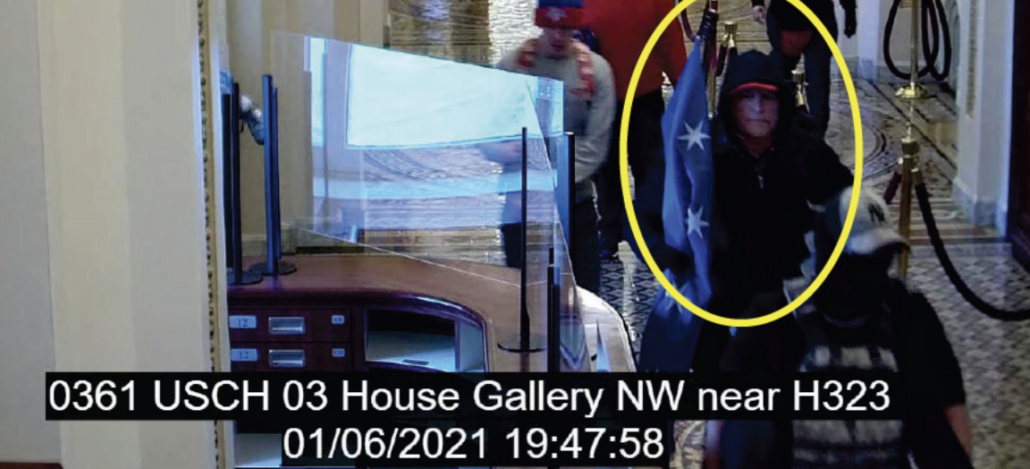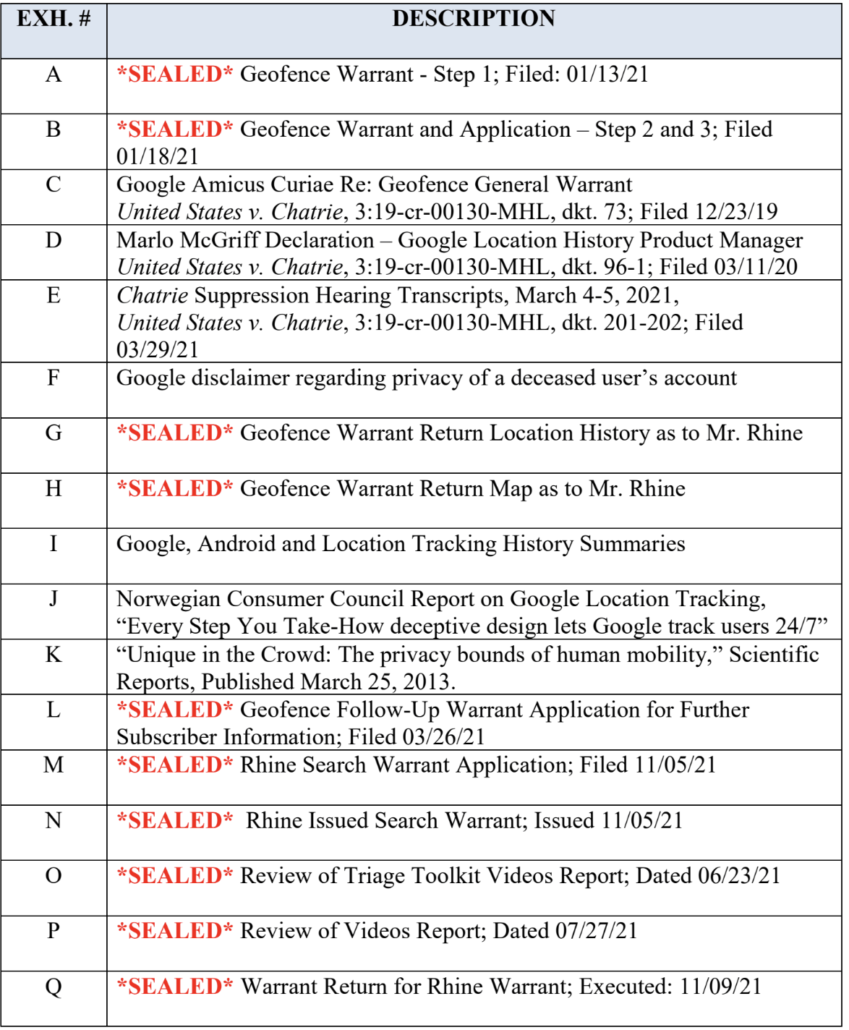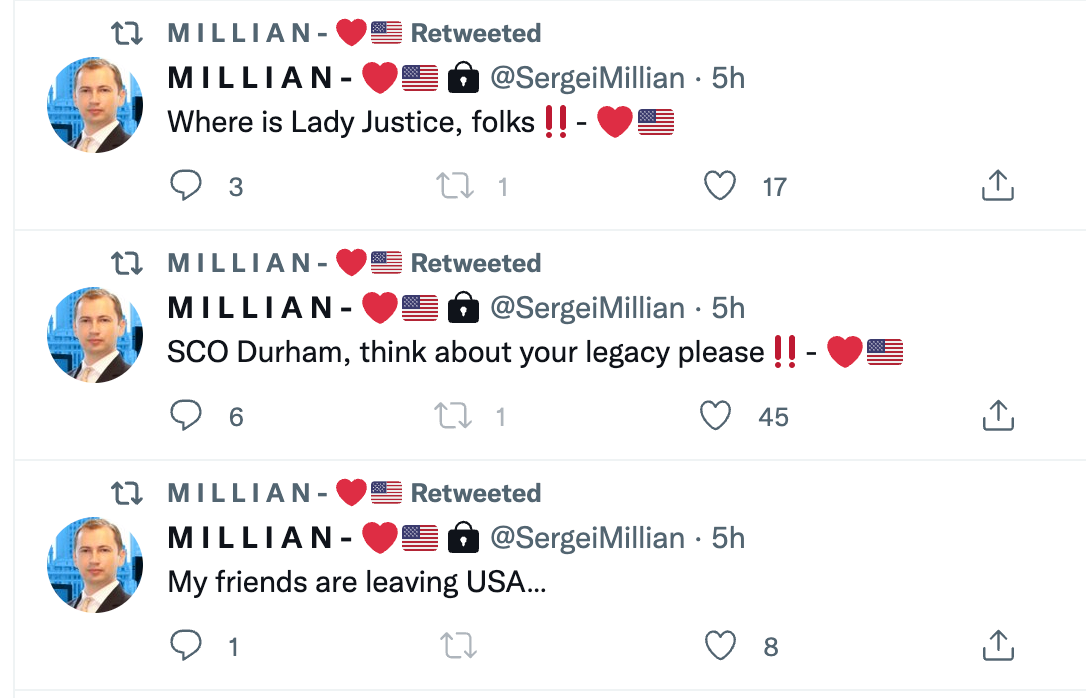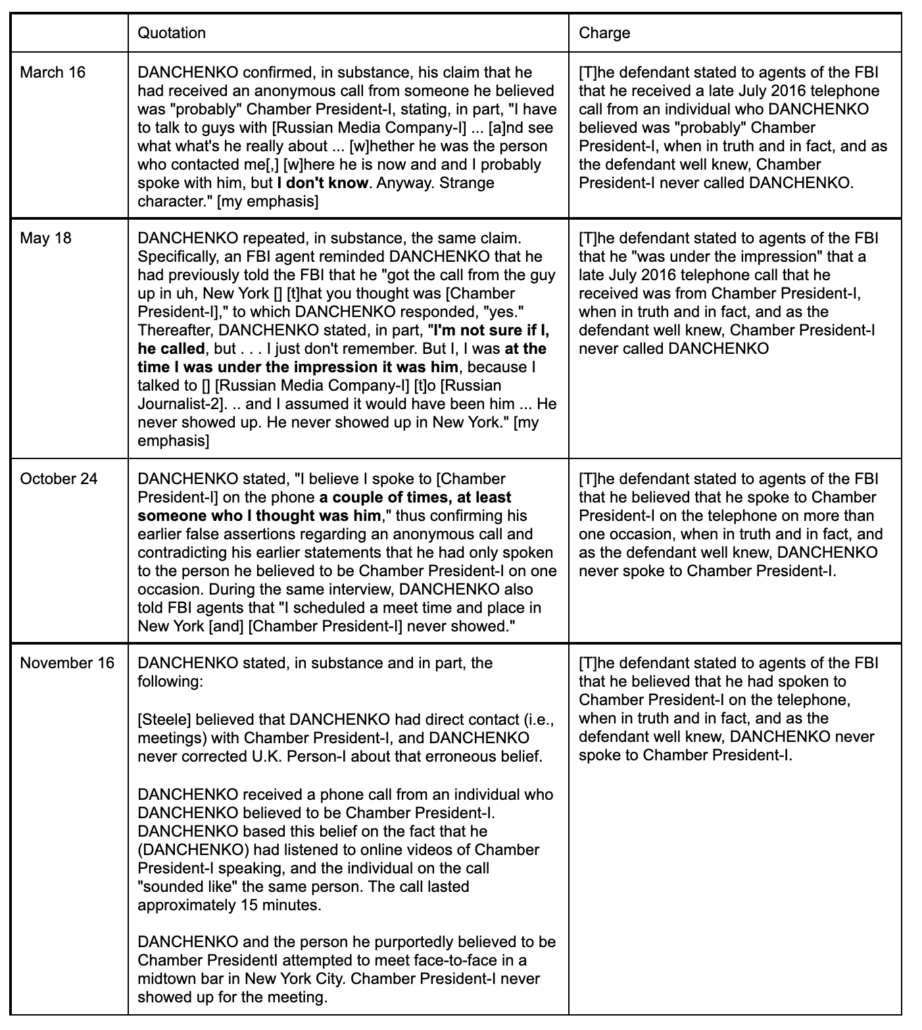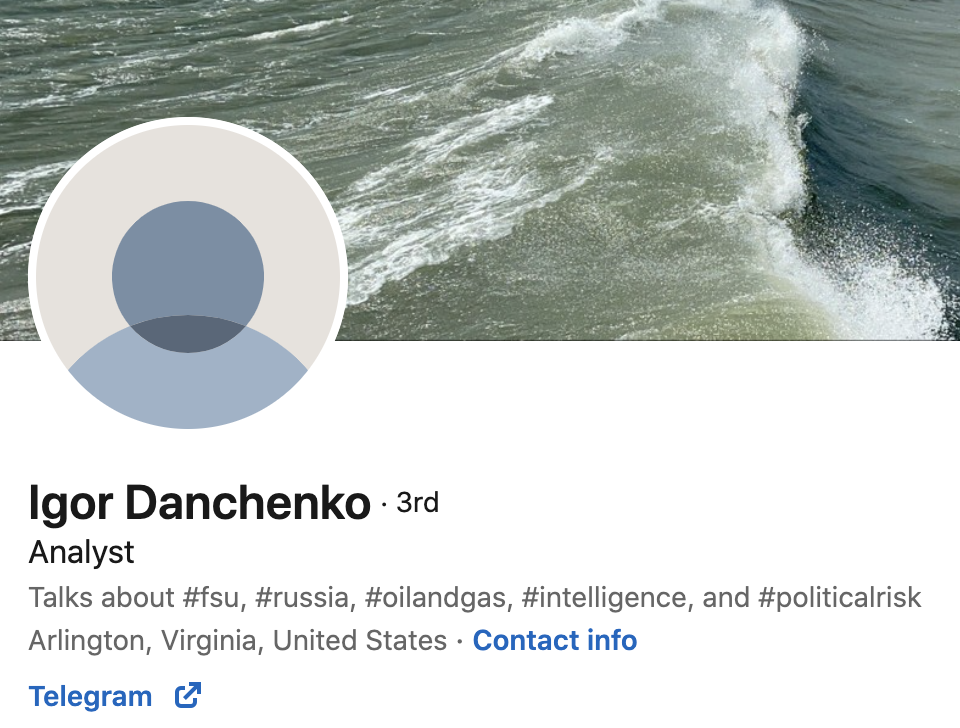DOJ Rethinks — but in a Few Areas, Expands — Access to Media Content
In a story on the new media guidelines DOJ rolled out yesterday, Charlie Savage reveals what representatives of the press think they got in the new guidelines, in addition to a formal codification of broader restrictions on the use of legal process to find real journalists’ sources:
Those conversations led to several adjustments about potentially critical issues, like how “news gathering” is defined. According to participants, the Justice Department originally intended to define it in a way that was limited to the passive receipt of government secrets. But the final version now covers the act of pursuing information.
The language in question appears to cover things like encrypted dropboxes, something that journalists liked to compare (inaptly) to the charge against Julian Assange of attempting to hack a password for Chelsea Manning. Thus far, multiple criminal prosecutions show that dropboxes have not thwarted DOJ from prosecuting those who submitted documents into them.
Journalism includes reporting on classified information
A more important change is that the guidelines explicitly include reporting on classified information in its definition of newsgathering.
Newsgathering includes the mere receipt, possession, or publication by a member of the news media of government information, including classified information, as well as establishing a means of receiving such information, including from an anonymous or confidential source.
Savage describes that “is also said to have removed espionage from a list of criminal activities that are excluded from protected news gathering.” I’m not sure that’s right: 18 USC 793 and 798 were (along with Child Sexual Abuse Materials) included in the exceptions to 42 USC 2000aa, which I think is unchanged by this regulation.
What has been removed from the prior version (in addition to the inclusion of classified information in the definition of newsgathering) is an exception permitting the use of legal process in investigations of classified leaks. This language has been removed.
In investigations or prosecutions of unauthorized disclosures of national defense information or of classified information, where the Director of National Intelligence, after consultation with the relevant Department or agency head(s), certifies to the Attorney General the significance of the harm raised by the unauthorized disclosure and that the information disclosed was properly classified and reaffirms the intelligence community’s continued support for the investigation or prosecution, the Attorney General may authorize members of the Department, in such investigations, to issue subpoenas to members of the news media.
In other words, it wasn’t that there was an exception for the Espionage Act. Rather, there was language permitting searches in leak investigations that might be (and frequently have been in recent years) charged under the Espionage Act. That exception has been removed, and reporting on classified information has been explicitly included in the definition of newsgathering.
As we’ll see below, the regulation still authorizes searches in cases of suspected agents of a foreign power.
Expanded protection and a prohibition with exceptions instead of permission for exceptions
As Savage notes, however, the topline change is both a restructuring in the ways that a journalist’s sources might be accessed and the types of legal process covered. Whereas previously, the language on accessing source information included a presumption of access with a bunch of limits on use, as laid out in the prior regulation …
The Department views the use of certain law enforcement tools, including subpoenas, court orders issued pursuant to 18 U.S.C. 2703(d) or 3123, and search warrants to seek information from, or records of, non-consenting members of the news media as extraordinary measures, not standard investigatory practices. In particular, subpoenas or court orders issued pursuant to 18 U.S.C. 2703(d) or 3123 may be used, after authorization by the Attorney General, or by another senior official in accordance with the exceptions set forth in paragraph (c)(3) of this section, only to obtain information from, or records of, members of the news media when the information sought is essential to a successful investigation, prosecution, or litigation; after all reasonable alternative attempts have been made to obtain the information from alternative sources; and after negotiations with the affected member of the news media have been pursued and appropriate notice to the affected member of the news media has been provided, unless the Attorney General determines that, for compelling reasons, such negotiations or notice would pose a clear and substantial threat to the integrity of the investigation, risk grave harm to national security, or present an imminent risk of death or serious bodily harm. [my emphasis]
The new regulation outright prohibits compulsory legal process except in certain exceptions.
(c) Compulsory legal process for the purpose of obtaining information from or records of a member of the news media acting within the scope ofnewsgathering. Compulsory legal process for the purpose of obtaining information from or records of a member of the news media acting within the scope of newsgathering is prohibited except under the circumstances set forth in paragraphs (c)(l) through (3).
In other words, these regulations importantly flip the presumption from one that permits the access of journalist records in certain situations to one that prohibits it except according to an enumerated exception.
And this revised regulation has broader language prohibiting the use of legal process. It now includes interception orders (like that used against NBC journalists who were sourced by Henry Kyle Frese), MLAT orders (like the Mexican one that targeted Zach Whittaker in 2020), and orders served on obscure third party providers of enterprise email hosting (like orders used against the WaPo and NYT in recent years).
“Compulsory legal process” consists of subpoenas, search warrants, court orders issued pursuant to 18 U.S.C. 2703(d) and 3123, interception orders issued pursuant to 18 U.S.C. 2518, civil investigative demands, and mutual legal assistance treaty requests-regardless of whether issued to members of the news media directly, to their publishers or employers, or to others, including third-party service providers of any of the forgoing, for the purpose of obtaining information from or records of members of the news media, and regardless of whether the compulsory legal process seeks testimony, physical or electronic documents, telephone toll or other communications records, metadata, or digital content.
In other words, the revision closes loopholes used under the Trump Administration.
What journalism isn’t
More generally, DOJ has reconceptualized the regulation though the use of exceptions.
Some of these are exceptions that permit the compelled process of a journalist, the most interesting new one of which entails evidentiary authentication with DAAG authorization.
(1) To authenticate for evidentiary purposes information or records that have already been published, in which case the authorization of a Deputy Assistant Attorney General for the Criminal Division is required;
This may be a response to the need to get journalists to validate videos they took on January 6.
DOJ has slightly reworked an existing section that at least used to be tailored to the definition covered by FISA (and FISA surveillance of journalists is in no way excluded from these regulations). It still includes the same language excepting an agent of a foreign power or someone who aids or abets one.
A foreign power or agent of a foreign power, as those terms are defined in section 101 of the Foreign Intelligence Surveillance Act of 1978 (50 U.S.C. 1801);
In at least one of the reworked categories, the regulations represent an (entirely reasonable) expansion. The regulation includes this definition of terrorist activity — adding 18 USC 2339B, C, and D — which not only aren’t tied to State’s Foreign Terrorist Organization designations, but also includes (with C) funding for what could be domestic terrorism.
Committing or attempting to commit the crimes of providing material support or resources to terrorists or designated foreign terrorist organizations, providing or collecting funds to finance acts of terrorism, or receiving military-type training from a foreign terrorist organization, as those offenses are defined in 18 U.S.C. 2339A, 2339B, 2339C, and 2339D; or
Seamus Hughes pointed me to this case in which three white supremacists were prosecuted under 18 USC 2339A as an example of how this might apply to domestic terrorists. The new regulations add a review by the National Security Division head on these categories, but since John Demers approved the data collection on real journalists under the Trump Administration, that’s unlikely to be a very useful protection.
Another new exception — this time not associated with newsgathering — is for an investigation targeting a journalist’s non-journalist housemate or similar who is the subject of an investigation.
To obtain information or records of a non-member of the news media, when the nonmember is the subject or target of an investigation and the information or records are in a physical space, device, or account shared with a member of the news media;
But the biggest change is that, in addition to that tweaked list of national security exceptions, DOJ added a bunch of more common crimes that journalism doesn’t include:
(B) Except as provided in paragraph (b)(2)(ii)(A) of this section, newsgathering does not include criminal acts committed in the course of obtaining information or using information, such as: breaking and entering; theft; unlawfully accessing a computer or computer system; unlawful surveillance or wiretapping; bribery; extortion; fraud; insider trading; or aiding or abetting or conspiring to engage in such criminal activities, with the requisite criminal intent.
The distinctions are not entirely clearcut though. Of most concern, what distinguishes a journalist reporting on tech vulnerabilities and a hacker is that “requisite criminal intent,” and one often determines that by accessing content.
Incorporation of cases against recent not-journalism cases
Importantly, however, these crimes include a number of the cases that got journalists all hot and bothered but which, under the new rules, are very clearcut (Savage’s professed uncertainty about Project Veritas notwithstanding).
DOJ’s approach to Julian Assange didn’t begin change until he helped Edward Snowden flee to Russia and Assange wasn’t charged — initially, with attempting to help Chelsea Manning crack a password, itself included in one of the distinguishing crimes — until after he had aided and abetted Russia in a hack-and-leak campaign, one of the national security exceptions. The Espionage charges against Assange were filed after Russia attempted to exfiltrate Assange at the end of 2017. Any superseding indictment of Assange in the future would likely include an extortion claim and an aid-and-abet claim of Josh Schulte’s hacking of the CIA, for which Assange clearly expressed the criminal intent.
With regards to Project Veritas, the very first subpoena targeting their office manager (one obtained while Bill Barr was still Attorney General) listed 18 USC 873, blackmail — a kind of extortion — among the crimes under investigation, and their own defenses raised the possibility of extortion. Plus, Robert Kurlander’s statement of offense described trying to raise the price Project Veritas would pay for Ashley Biden’s diary because it was “literally a stolen diary.” So these new guidelines, applied retroactively, make the Project Veritas search an obvious exception.
The distinction between certain crimes and journalism would encompass three other, still undisclosed investigations into journalists last year described in DOJ’s report on legal process. The first was into insider trading:
In connection with an investigation of securities fraud and wire fraud relating to insider trading activities, a Deputy Assistant Attorney General authorized a U.S. Attorney’s Office to apply for a warrant to search the person, personal effects, and cellular telephones of a member of the news media who was the subject of the insider trading investigation. Investigators had established probable cause that the member of the news media had participated in the insider trading activities with three coconspirators and was in communication with the primary target of the investigation, a former U.S. Congressperson; and that the information seized pursuant to the search warrant would lead to further evidence. Investigators had pursued multiple avenues to obtain the evidence, without success, and had exhausted all investigative leads. The Department’s News Media Policy generally requires that the Attorney General must approve any application to search the communications records of a member of the news media, see 28 C.F.R. § 50.10(d)(1), but here, because the suspected criminal conduct was wholly outside the scope of the member of the news media’s newsgathering activities, a Deputy Assistant Attorney General for the Criminal Division authorized the search warrant applications pursuant to the “suspect exception” of the Privacy Protection Act (PPA), see 28 C.F.R. § 50.10(d)(4).
The second was into fraud and money laundering.
In connection with a fraud and money laundering investigation involving employees of a news media entity, a Deputy Assistant Attorney General authorized a U.S. Attorney’s Office to search stored electronic content of email accounts maintained by a member of the news media and its affiliate entity; and to issue a subpoena to a thirdparty service provider for information relating to accounts maintained by a member of the news media. The Department’s News Media Policy generally requires that the Attorney General must approve any application to search the communications records of a member of the news media, see 28 C.F.R. § 50.10(d)(1), but here, because the suspected criminal conduct was wholly outside the scope of the entities’ and employees’ newsgathering activities, a Deputy Assistant Attorney General for the Criminal Division authorized the search warrant applications pursuant to the “suspect exception” of the PPA, see 28 C.F.R. § 50.10(d)(4).
A third investigation last year into stalking that included the use of spyware and hacking.
In connection with an investigation of a member of the news media for stalking offenses, a Deputy Assistant Attorney General authorized a U.S. Attorney’s Office to apply for a warrant to search the email account of the member of the news media. Investigators had established probable cause that the member of the news media had engaged in harassment and stalking of multiple people, including through the installation and use of spyware and the hacking of social media accounts, as well as employing several means to damage the reputations of the parties the member of the news media was harassing and stalking. The U.S. Attorney’s Office established evidence that the information seized pursuant to the search warrant would lead to evidence regarding the member of the news media’s criminal conduct, which was wholly outside the scope of his newsgathering activities. The Department’s News Media Policy generally requires that the Attorney General must approve any application to search the communications records of a member of the news media, see 28 C.F.R. § 50.10(d)(1), but here, a Deputy Assistant Attorney General for the Criminal Division authorized the search warrant application pursuant to the “suspect exception” of the PPA, see 28 C.F.R. § 50.10(d)(4).
In other words, DOJ has used the lessons from the Trump DOJ’s hunt for journalistic sources, Julian Assange, Project Veritas, and three other undisclosed investigations (and who knows? Perhaps also to media outlets run by Neo-Nazis to help fundraise) to change how they conceive of journalism. All of those are reasonable exceptions from journalism.
There are a bunch of potential loopholes. If DOJ wants a journalist’s content, there are a great many ways they can still get it and because those exceptions would permit sustained secrecy about the searches might never be disclosed.
But these regulations, at a minimum, have established that reporting on classified information is part of journalism and have eliminated a lot of the loopholes to surveillance used to target journalists during the Trump Administration.


